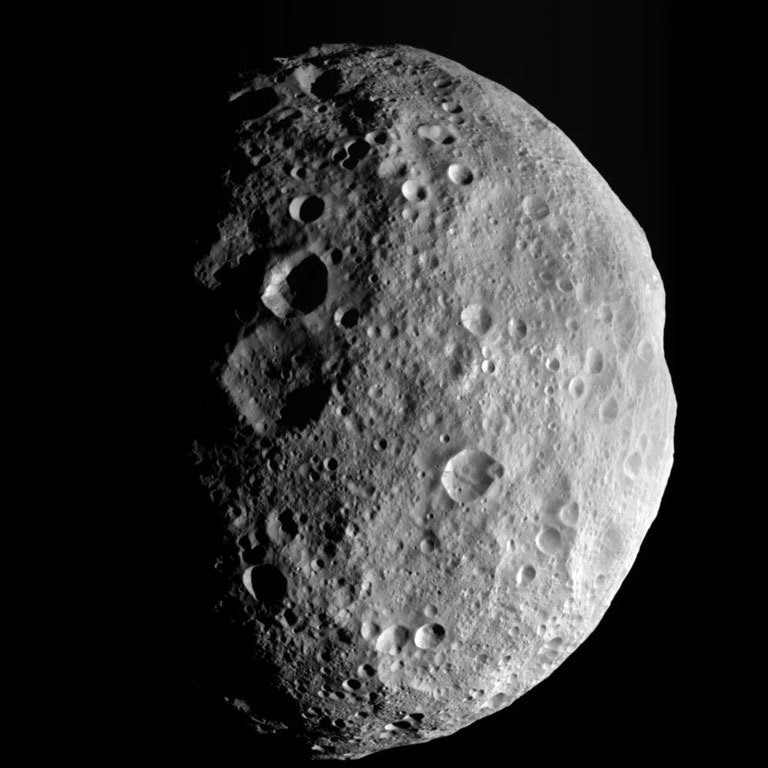Constellation of the Month:
None
Presenter:
We do not have a constellation of the month for this meeting.
Main Presentation:
Uncommon Star Types Like Pulsars
Presenter: ???
Due to a lack of attendees, our main topic from last month has been reschedule to this month. Our discussion will be a continuation of our recent topic on Star classification, and cover uncommon star types like pulsars.
6:30 pm – Main Presentation
Title: Pathways to Discovery in Astronomy and Astrophysics in the 2020’s: The Astro2020 Decadal Survey
Presentation: Every 10 years Congress charges the National Academy of Sciences with undertaking a survey of Astronomy and Astrophysics over the coming decade. The “Astro2020 Survey”, carried out by a main survey committee and roughly a dozen expert sub-panels, identified the most compelling scientific questions to be addressed, and recommended a comprehensive strategy by the National Science Foundation ( NSF), National Aeronautics and Space Administration(NASA) and the Department of Energy (DOE) to address those objectives. This survey—in which several Arizona astronomers participated—also fully addressed, for the first time, the state of the astronomy profession and its societal impacts. Dr. Kennicutt’s talk will cover some of the highlights from the report (released last November), followed by time for questions and discussion.
Bio: Robert Kennicutt studies observational extragalactic astronomy, and holds part-time faculty positions at Steward Observatory and Texas A&M University. He has worked at the University of Arizona since 1988, with a break in 2005-2017 to serve as the Plumian Professor of Astronomy and Experimental Philosophy at the University of Cambridge. He is a Fellow of the Royal Society of London, the Royal Astronomical Society, the American Astronomical Society, and a member of the National Academy of Sciences. Along with Fiona Harrison at Caltech, he co-chaired the Astro2020 Decadal Survey.
Join Tucson Amateur Astronomy Association (TAAA) and Cochise County Library for an evening of stargazing under some incredibly dark skies. We will have a couple TAAA telescopes as well as the Library telescope to observe some planets; galaxies far, far, away; star clusters; nebulae to include stellar nurseries; multiple star systems; and lots more. Definitely a FAMILY FRIENDLY event. Follow our Facebook event at https://www.facebook.com/TucsonAstronomy for any weather or other updates. Dress warmly as the temperatures can drop quite a bit after sunset.
Join Tucson Amateur Astronomy Association (TAAA) and Cochise County Library for an evening of stargazing under some incredibly dark skies. We will have a couple TAAA telescopes as well as the Library telescope to observe some planets; galaxies far, far, away; star clusters; nebulae to include stellar nurseries; multiple star systems; and lots more. Definitely a FAMILY FRIENDLY event. Follow our Facebook event at https://www.facebook.com/TucsonAstronomy for any weather or other updates. Dress warmly as the temperatures can drop quite a bit after sunset.
Join the Tucson Amateur Astronomy Association (TAAA) and Pima County Natural Resources Parks and Recreation for some stargazing at Historic Canoa Ranch. We will observe planets, star clusters, multiple star systems, nebulae, galaxies, and lots more.
FREE but REGISTRATION IS REQUIRED: Go to Eventbright and search for stargazing Canoa Ranch. May fill up quickly, so recommend registering as early as possible (event may not show up in Eventbright until about two months before).
Join the Tucson Amateur Astronomy Association (TAAA) and Pima County Natural Resources Parks and Recreation for some stargazing at Historic Canoa Ranch. We will observe planets, star clusters, multiple star systems, nebulae, galaxies, and lots more. Registration is required. Go to Eventbright and search for stargazing Canoa Ranch.
Join the Tucson Amateur Astronomy Association (TAAA) and Pima County Natural Resources Parks and Recreation for some stargazing at Historic Canoa Ranch. We will observe planets, star clusters, multiple star systems, nebulae, galaxies, and lots more. Registration is required. Go to Eventbright and search for stargazing Canoa Ranch.
Join the Tucson Amateur Astronomy Association (TAAA) and Pima County Natural Resources Parks and Recreation for some stargazing at Historic Canoa Ranch. We will observe planets, star clusters, multiple star systems, nebulae, galaxies, and lots more. Registration is required. Go to Eventbright and search for stargazing Canoa Ranch.










